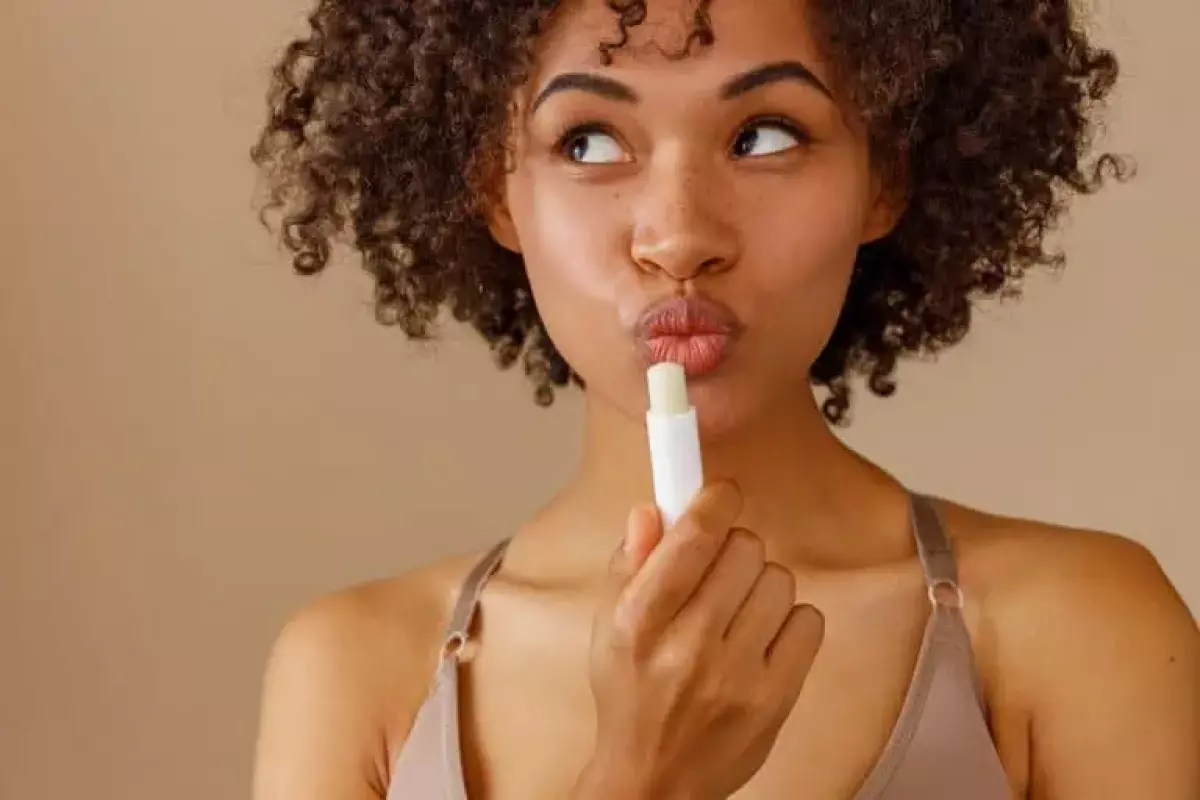
Choosing the right lip balm can be a daunting task. With so many options available, how do you find the one that will actually soothe and protect your dry, irritated, or flaky lips? Not all lip balms are created equal, and some may even make your lips feel worse. That's why it's important to know which ingredients to look for and which ones to avoid.
According to Dr. Jeriel Weitz, a board-certified dermatologist, popular lip balms on the market often contain ingredients that can irritate dry, chapped lips. If your lip balm makes your lips tingle, sting, burn, or leaves them feeling even drier, it's time to switch to a better option.
Why are my lips so dry?
Before we delve into the best lip balm recommendations, let's understand why your lips are dry in the first place. The skin on your lips is thin and lacks oil glands, making them more susceptible to dryness, peeling, itching, and cracking. Factors like dry, cold air and sun exposure further exacerbate the condition. Other causes of dry lips include dehydration, breathing through your mouth, certain medications, and habits like licking or picking at your lips.
How to get rid of dry lips: Lip balm ingredients to embrace
To moisturize and heal dry, chapped lips, it's essential to choose a lip balm with occlusive ingredients. These ingredients create a physical barrier that seals in moisture and protects your lips from irritants. Dr. Weitz recommends the following ingredients:
- Petroleum jelly (petrolatum)
- Sunflower oil
- Cocoa butter
- Sweet almond oil
- Argan oil
- Castor seed oil
- Ceramides
- Dimethicone
- hemp seed oil
- Mineral oil
- Shea butter
- Titanium oxide or zinc oxide (sun protective ingredients)
Additionally, some lip balms also contain humectants that attract water, such as glycerin, hyaluronic acid, aloe vera, honey, propylene glycol, and urea. Antioxidants like vitamin C, vitamin E, niacinamide, and polyphenols can offer additional benefits by protecting your lips against environmental aggressors like UV rays and pollution.
Lip balms ingredients to avoid
While certain ingredients can provide relief, others can worsen the condition of your dry lips. It's crucial to steer clear of lip balms that contain the following ingredients:
- Camphor
- Eucalyptus
- Flavors like cinnamon, citrus, and mint
- Fragrance
- Menthol
- Octinoxate or oxybenzone
- Phenol (phenyl)
- Propyl gallate
- Salicylic acid
These ingredients, commonly found in "medicated" lip balms, can cause irritation and further dry out your lips.
Best lip balm recommendations
Now that you know what to look for and what to avoid, here are Dr. Weitz's favorite lip balms for day and night:
Best lip balms with SPF
During the day, it's crucial to wear a lip balm with SPF 30 or higher to protect your lips from drying out or getting sunburned. These SPF lip balms also help safeguard against lip cancer. Here are some recommendations:
- Aquaphor Lip Protectant + Sunscreen
- Vanicream Lip Protectant/Sunscreen
- Sun Bum Mineral SPF 30 Sunscreen Lip Balm
- Raw Elements Lip Rescue SPF 30
- Salt & Stone Sunscreen Lip Balm SPF 30
- EltaMD UV Lip Balm Broad-Spectrum SPF 36
Best nighttime lip balms
At night, you can switch to a lip balm without SPF. Even if your lips don't feel dry before bed, applying lip balm can prevent them from drying out overnight. Here are some suitable options:
- Vaseline Lip Therapy
- Aquaphor Lip Repair
- SkinCeuticals Antioxidant Lip Repair
- La Roche Posay Nutritic Lip Balm
- Ilia Lip Wrap Reviving Balm
- Bioderma Atoderm Restorative Lip Balm
- Dr. Dan's CortiBalm (contains 1% hydrocortisone)
When to see a dermatologist
By using a non-irritating lip balm, staying hydrated, and using a humidifier in dry environments, you can prevent and heal dry, chapped lips. However, if your lips remain dry and parched despite these measures, it's advisable to consult a dermatologist to rule out any underlying conditions.
Certain health conditions like hypothyroidism, autoimmune diseases like Sjögren's syndrome and Crohn's disease, and angular cheilitis (caused by a yeast overgrowth) can contribute to persistent dryness. It's also possible that you might be allergic or sensitive to certain ingredients in your lipstick or toothpaste. Additionally, outdoor laborers and sun worshippers should be aware of actinic cheilitis, a precancerous lip condition caused by chronic sun exposure.
Remember, taking care of your lips goes beyond just finding the right lip balm. It's crucial to protect them from harmful elements and maintain overall lip health.
Medically reviewed by Dr. Jeriel Weitz. Written by Jessica Brown, a health and science writer/editor based in Nanuet, New York. She has contributed to various publications, including Water's Edge Dermatology, Prevention magazine, jnj.com, BCRF.org, and more.

















